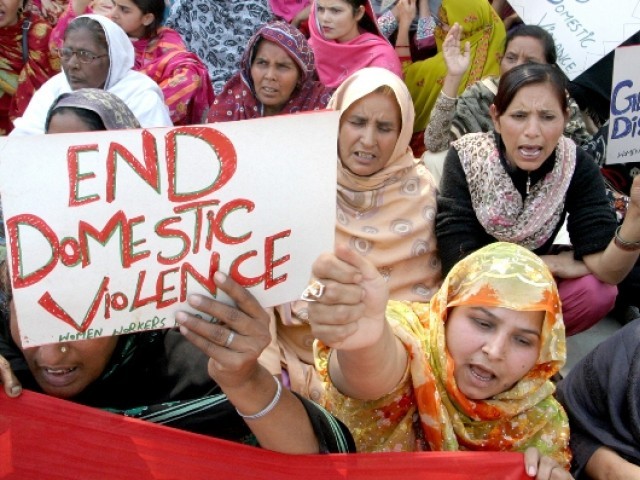- A recent study by the Asian Development Bank exposes a surge in domestic violence in Pakistan, labeled a silent pandemic.
- The report indicates alarming increases in physical violence, necessitating a transformative shift in the nation’s narrative.
- Urgent reforms are crucial to combat this silent domestic violence pandemic.
A highly alarming issue has emerged from a study conducted by the Asian Development Bank (ADB), highlighting the insidious ascent of domestic violence in Pakistan. Termed as a silent pandemic, this societal menace poses a formidable challenge to both the populace and the governing structures.
Alarming Statistics on Domestic Violence in Pakistan
The ADB’s report, titled “Gendered Impacts of the Covid-19 Pandemic in Central and West Asia,” brings to light statistics derived from recent surveys conducted in Punjab and Sindh. The findings reveal a disturbing surge in threats of physical violence, increasing by 40%, and instances of physical assault perpetrated by spouses witnesses a whopping increase of 46%.
The study uncovered:
- 14% of surveyed women were aware of community members threatened with physical harm by their husbands.
- 19% mentioned cases of physical assault by husbands.
- 27% reported instances of parental violence against children.
Economic Disruptions and Unfolding Crises
The report delves into the relationship between economic upheaval, restrictive measures, and the surge in Violence Against Women and Girls (VAWG). Loss of livelihoods, exacerbated by pandemic-induced constraints, has become a catalyst for the distressing spike in such incidents. This, according to development partners in Pakistan, necessitates a transformative shift in the nation’s narrative.

Also Read:
Climate Crisis Linked to Rising Domestic Violence in 3 South Asian Countries: Study
Inclusive Agricultural Policies and Empowering Women
Countries where agriculture is a primary sector of female employment, such as Pakistan, Kyrgyz Republic, and Tajikistan, grapple with the need for more gender-responsive policies. Stakeholders emphasize the importance of inclusivity in terms of women’s participation in agriculture.
Entrepreneurship for Women to be Used to Bring Change
Diverse sectors of society highlight the role of women’s entrepreneurship in the path to gender equality. The private sector emerges as a potent force in championing women’s empowerment. Across countries, particularly in Pakistan, Tajikistan, and Uzbekistan, the call for robust programs fostering women’s capacity to burgeon businesses through comprehensive loan and training initiatives, facilitating their transition from microfinance to mainstream banking.
Redesigning Protection Programs to Combat Domestic Violence
Recommendations emphasize a paradigm shift in unconditional cash transfer systems, as witnessed in the example of BISP in Pakistan. Such systems should challenge gender stereotypes and refrain from imposing additional care-related burdens on women.
Also Read:
How You Can Make a Difference to End Violence Against Women
Gaps in Legal Frameworks and Implementation Measures
The report also brings to light the lack of gender strategies and gender equality laws in Pakistan. Even in regions where legal frameworks exist, the call for enhanced implementation and streamlined intra-governmental coordination.
There is an urgent need for proactive measures, to meet the gravity of the situation. In order to stop the silent domestic violence pandemic major reforms are needed to be implemented.
What measures can be taken to battle the silent pandemic of domestic violence in Pakistan? Let us know in the comments below.
Follow WOW360 for more.
